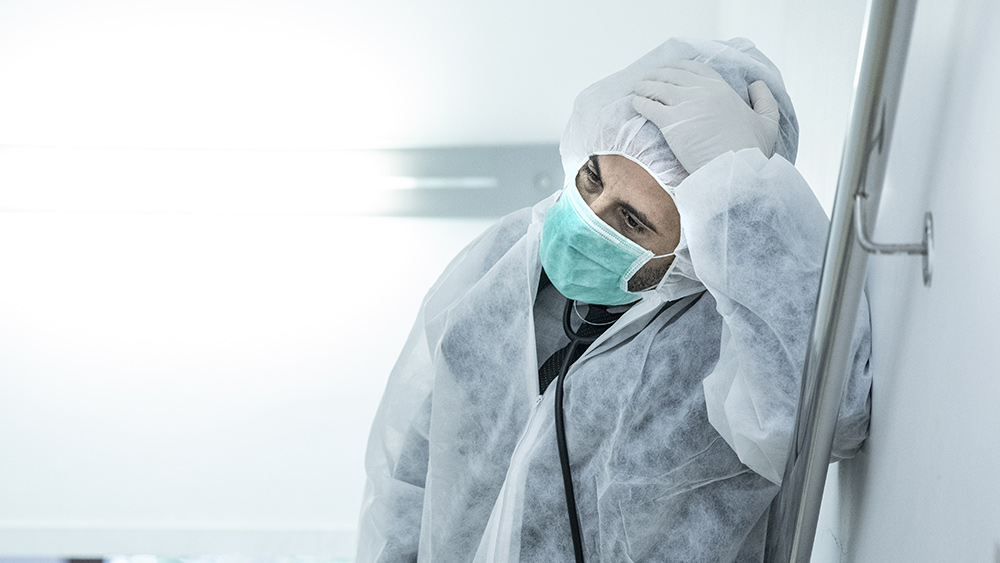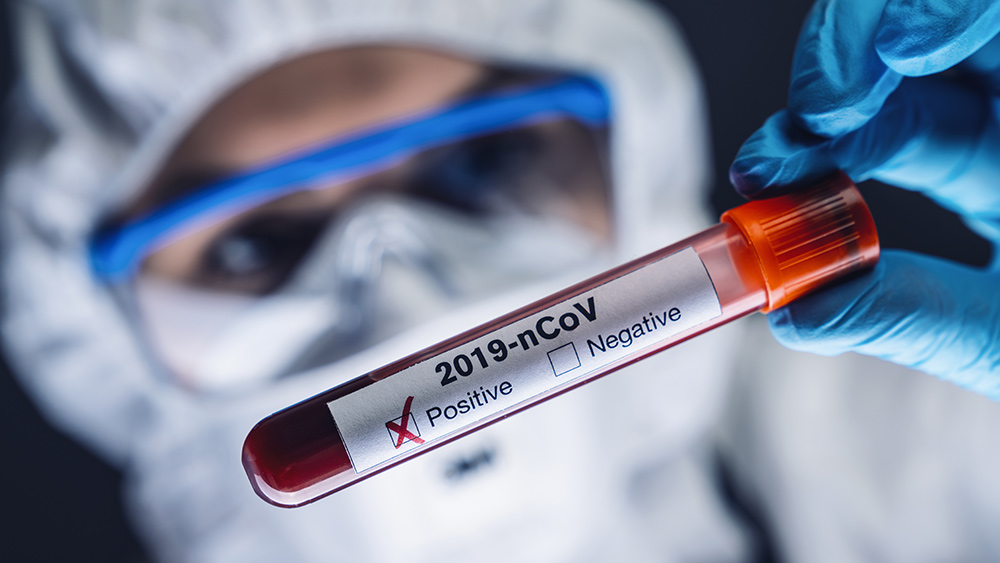South Korea says relapsed coronavirus cases are “testing flukes”
05/27/2020 / By Ralph Flores

Health authorities in South Korea have found that people who tested positive for COVID-19 a second time had not passed the disease to others. This raises the idea that the suspected relapses were a testing fluke as opposed to a reemergence of an active infection.
While the study is still in its preliminary stages – with health authorities looking at whether recovered patients develop immunity to the virus or it can go dormant and emerge later, the findings are enough for the Korea Centers for Disease Control and Prevention (KCDC) to revise their guidance. In particular, the agency no longer requires quarantine for discharged patients and has stopped using the term “relapsed” to describe these cases, going for the “redetected” instead.
“So far we have not seen secondary infections from people who were in contact with the relapsed patients,” explained Yoon Tae-ho, a senior health ministry official, during a briefing last Monday.
Redetected, not reactivated
South Korea’s handling of the Wuhan coronavirus (COVID-19) has been closely watched by the international community: With its aggressive testing regime and contact testing, the country has managed to keep its caseload relatively low, despite being among the countries first hit by the pandemic. Based on data from Johns Hopkins University, South Korea has 11,265 confirmed cases and 269 deaths.
The likelihood of being reinfected is something that weighs heavily not only for patients with COVID-19 — it also affects governments that are looking to reopen their economies, especially those with limited testing capacities.
To date, over 470 South Korean have tested positive again for COVID-19 after being released from healthcare facilities. In the country, patients are required to test negative twice before leaving medical supervision. Last month, health authorities launched an investigation in Daegu – the epicenter of South Korea’s outbreak in March – after recovered patients tested positive again for the virus. The patients were placed in quarantine again while the KCDC conducted widespread contact tracing to decide whether the virus was contagious. In addition, the agency enforced mandatory 14-day home quarantine and coronavirus tests for all released patients.
Medical experts who were part of South Korea’s coronavirus task force first believed that these cases were reactivations, which meant that the virus became dormant then sprang up again. But on April 29, researchers concluded that these cases were caused by RT-PCR tests picking up fragments of dead viruses after patients recuperated.
“We’re putting more weight on the theory that dead virus fragments remain in a recovered patient’s body, since we haven’t seen evidence of infectivity,” added Ki Moran, a professor at the National Cancer Center Graduate School of Cancer Science and Policy and also an adviser to South Korea’s COVID-19 response.
Currently, health authorities are still looking into this theory, including whether recovered patients develop immunity to the coronavirus – and how long, if at all, it may last. Medical workers are also looking for answers on why some patients test positive again.
“We need to gather more data on these cases,” said Lee Hyuk-min, an infectious disease doctor in Seoul.
On Tuesday, South Korea reported 19 new coronavirus cases. Most of the new cases were in the capital city of Seoul, where health authorities have been tracing possible transmissions linked to last week’s outbreak. (Related: Nightclub outbreaks test South Korea’s coronavirus outbreak strategy.)
Pandemic.news has more on the ongoing coronavirus outbreak.
Sources include:
Tagged Under: antibodies, coronavirus, covid-19, Flu, infections, outbreak, pandemic, quarantine, reinfection, relapse, South Korea, superbugs, testing, virus, Wuhan coronavirus
RECENT NEWS & ARTICLES
Pandemic.News is a fact-based public education website published by Pandemic News Features, LLC.
All content copyright © 2018 by Pandemic News Features, LLC.
Contact Us with Tips or Corrections
All trademarks, registered trademarks and servicemarks mentioned on this site are the property of their respective owners.





















